You’ve read about the major benefits of meditation, you have friends or family who practise it religiously, you have heard famous people claim they couldn’t live without it, and now you’re ready to give it a try. You say, “But wait, there’s a hitch.” What precisely should a rank beginner like you be doing?
That’s why we’re here! Read on for a beginner’s guide to meditation that will get you sitting in no time flat.
What not to expect in meditation?
Do you aspire to be like the happy, carefree meditators in the memes who seem to be in constant communication with the universe while sitting by the sea? Not likely to occur. Want to take a seat, set your watch for 20 minutes, and relax without thinking about anything at all? Nope. Do you expect your chakras to start spinning and swirling right away? Unlikely. Do you think you’ll suddenly become levitating and leave this life behind you by floating away? Thank God, it’s implausible. That is not at all how meditation works.
Yash Birla, the spiritual capitalist, has found meditation to be the most helpful tool in his life. It provides a certain solace which you cannot find anywhere else. It relies deep within you, and only meditation can help you to discover it. In this article, you will find a beginner’s guide to meditation that can help you to kick-start your spiritual journey.
What to expect in meditation?
The goal of meditation is to become fully present in the moment. We teach it in a really grounded manner. You keep your back straight, remain motionless, watch, let go, and then return back to find the rich completeness of the present moment. You have the time to connect with your creative mind and become aware of the stream of thoughts and emotions it generates since you’re not giving in to distractions. And what will you do in response to these feelings and thoughts? You’re going to acknowledge them without caving into fascination or annoyance and allow them to simply return to their original location, much like a wave that arises and inevitably and naturally merges back into the sea.
Why would you do something like that? Because it is peaceful to meditate. It’s logical. It has a wide range of advantages for both the body and the mind. You will be better able to decide which ideas and feelings are important enough to pay attention to. It reconnects you with your fundamental kindness. Through mindfulness and awareness meditation, you can cultivate qualities that improve your world. And a whole lot more.
How to meditate – for beginners
There are numerous effective meditation techniques available for both newcomers and more experienced practitioners. Yash Birla recommends starting simple, and that’s what you are going to read now.
A beginner’s guide to meditation:
- Find a calm area and take a seat on a cosy chair, bench, or cushion.
- You might wish to consider how long you want to spend first seated. The key is consistency. A small amount of time each day will get you off to a wonderful start.
- Consider pausing to assess your posture. Look for a position that enables you to maintain a straight back.
- Put your creative, analytical mind to the side. Breathe. Pay attention to how you feel in the moment. As you breathe, consider your physical appearance.
- Take note of any physical or mental tensions. Kindly thank them and ask them to unwind and let go.
- Pay attention to how you’re breathing. Feel your belly breathing. Just feel your breathing and focus your attention on the ebb and flow rather than analysing or altering it.
- Inhale: You are conscious of your inhalation. Exhale: You are conscious of your exhalation.
- Bring your attention back to the breath when you become aware that it has strayed.
- The practice of mindfulness involves becoming more aware, acknowledging, letting go, and returning to the breath and the present moment.
- When you are prepared to stop meditating, unwind, stretch, and take a moment to be thankful before returning to your hectic life where you left it feeling revitalised and invigorated.
Even a brief practice of mindful awareness can help us reset, get perspective, and check in with our emotions, believes Mr Yash Birla. Some people like to take brief meditation breaks while at work or school, while others choose to set out some time each day to meditate either by themselves or with others. We hope that this beginner’s guide to meditation can be of certain help to start your spiritual journey.


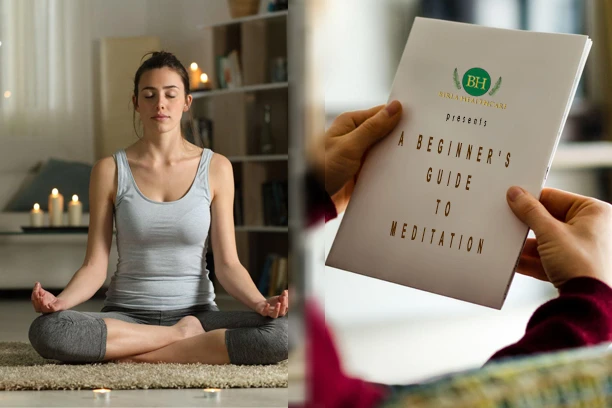
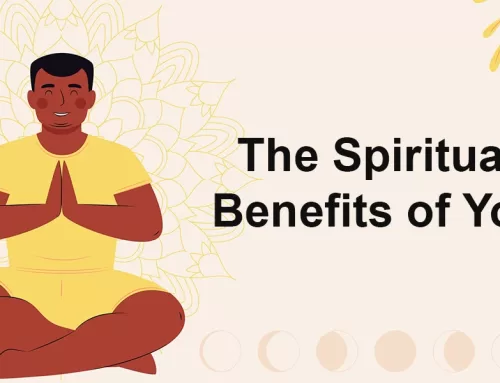
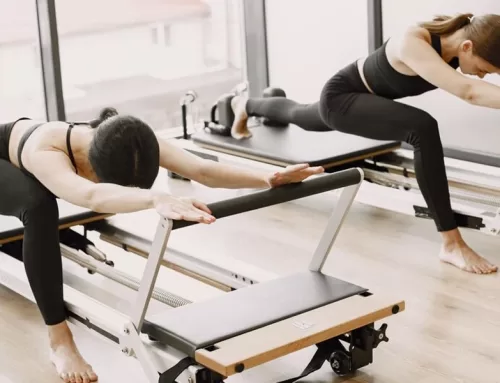
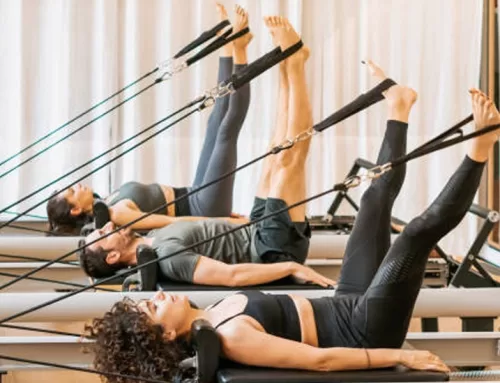
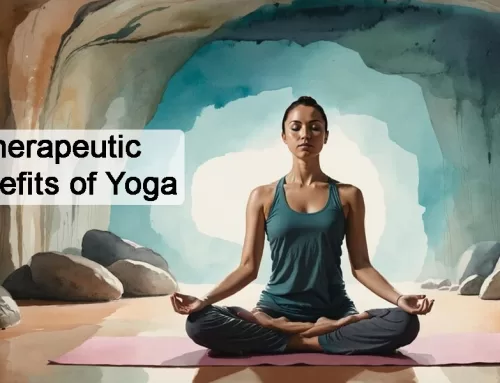
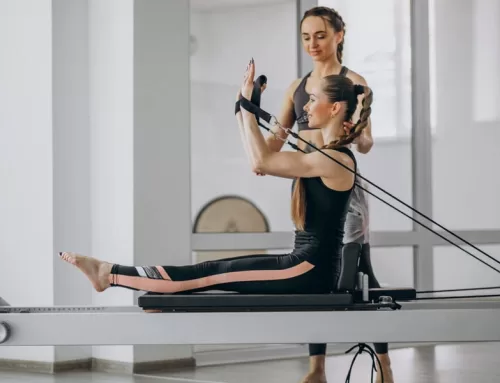
Leave A Comment